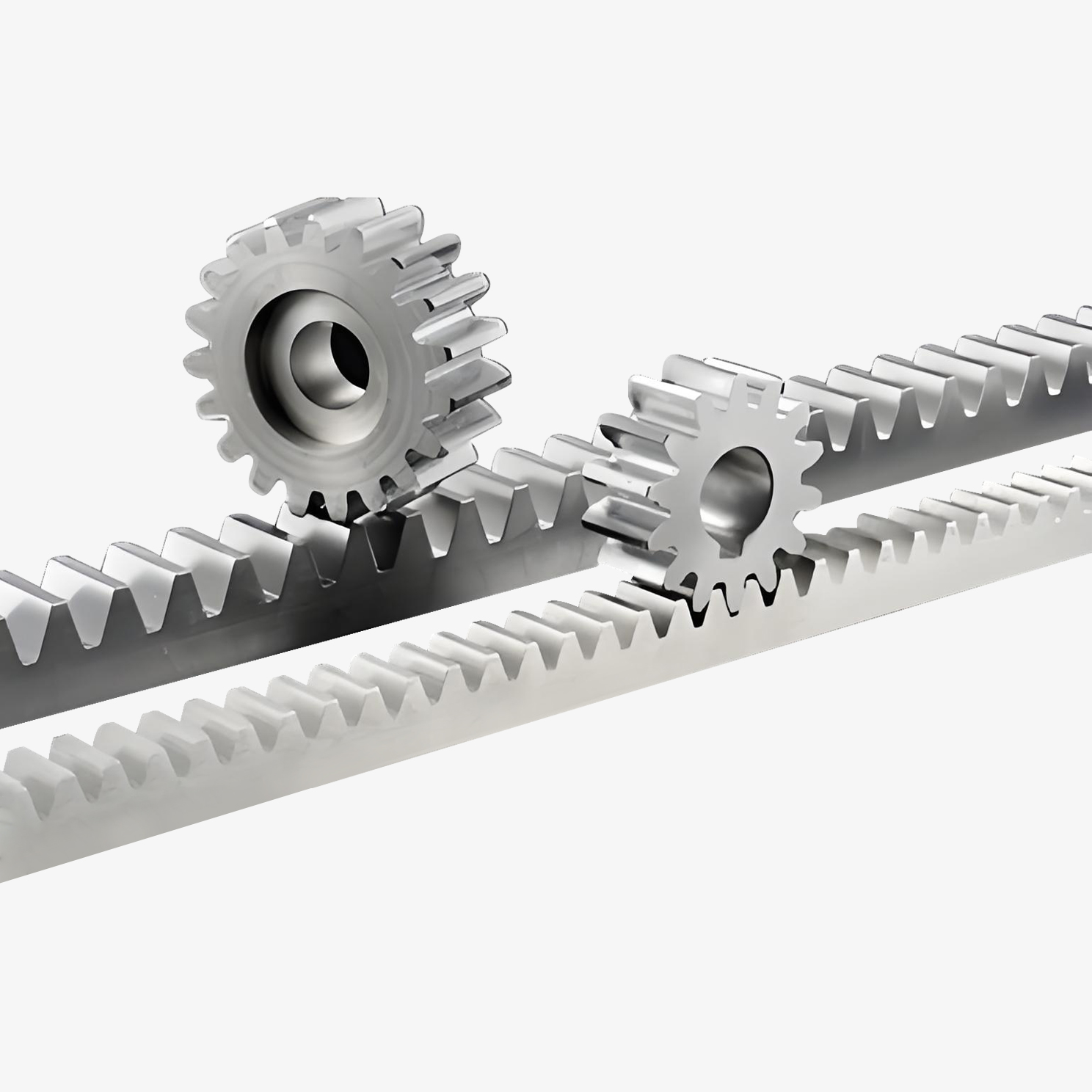No. 200 Gaoxin RD, Shanghua St, Lanxi, Zhejiang, P. R China
The Surface Heat Treatment Rack Pinion Gear is a precision-engineered ...
See DetailsPrecision sliding doors equipped with rack and pinion gear systems have become increasingly popular in both commercial and residential settings due to their reliability, smooth operation, and durability.

The rack and pinion gear system converts rotary motion into linear motion, making it a fundamental mechanism in the operation of precision sliding doors. The rack is a linear gear bar with teeth that mesh with a round pinion gear, enabling the door to slide open or close efficiently and with precise control.
For sliding doors, especially those requiring exact positioning or smooth, quiet operation, the rack and pinion system must be manufactured to high tolerances with appropriate materials and design considerations. This precision in manufacturing is a key factor impacting the cost.
Key Factors Affecting Price
1. Material Selection
One of the significant contributors to the price of rack and pinion gears is the choice of material. Steel alloys, especially hardened or stainless steel, are commonly used for their strength, wear resistance, and corrosion resistance. Hardened steel racks and pinions tend to be more expensive due to the additional heat treatment and machining processes involved.
Alternatively, aluminum or plastic composite racks may be available at a lower price but typically suit lighter-duty or less demanding applications. Choosing the right material depends on the door's weight, environmental conditions, and desired lifespan.
2. Manufacturing Precision
Precision sliding doors require rack and pinion gears manufactured with tight dimensional tolerances to ensure smooth meshing and minimal backlash. CNC machining, grinding, and surface finishing processes add to production costs but improve gear performance and durability. High precision reduces noise and wear, critical in settings such as hospitals, laboratories, and office buildings where door operation must be quiet and reliable.
3. Design Complexity
The complexity of the rack and pinion gear design also influences price. Helical gears, for example, have angled teeth for smoother engagement and quieter operation compared to straight-cut gears but are more expensive to produce. Custom lengths, tooth profiles, and mounting options tailored to specific sliding door models further increase costs.
4. Quantity and Customization
Ordering in bulk or standard sizes typically lowers unit costs due to economies of scale. Custom-made racks or pinions designed for unique sliding door systems usually come at a premium because of setup time, tooling, and smaller production runs.
Market Considerations
Prices for precision sliding doors rack and pinion gears vary across manufacturers and regions due to factors such as labor costs, material availability, and technology used. Imported components might offer lower prices but can have longer times and uncertain quality, while locally produced gears may cost more but provide better support and quality assurance.
Additionally, industry standards and certifications can affect price. Products meeting specific certifications for fire safety, cleanroom compatibility, or environmental regulations may carry higher costs but ensure compliance with regulatory requirements.
Typical Price Range and Value Assessment
While exact prices fluctuate depending on the factors above, typical precision sliding doors rack and pinion gear sets may range from $50 to several hundred dollars per linear foot or gear assembly. This range reflects differences in material grades, gear types, and precision levels.
It is important to balance price with performance requirements. Lower-priced systems may be adequate for general applications but may wear faster or produce more noise. Investing in higher-quality rack and pinion gears can bring about longer service life, reduced maintenance, and improved user experience.